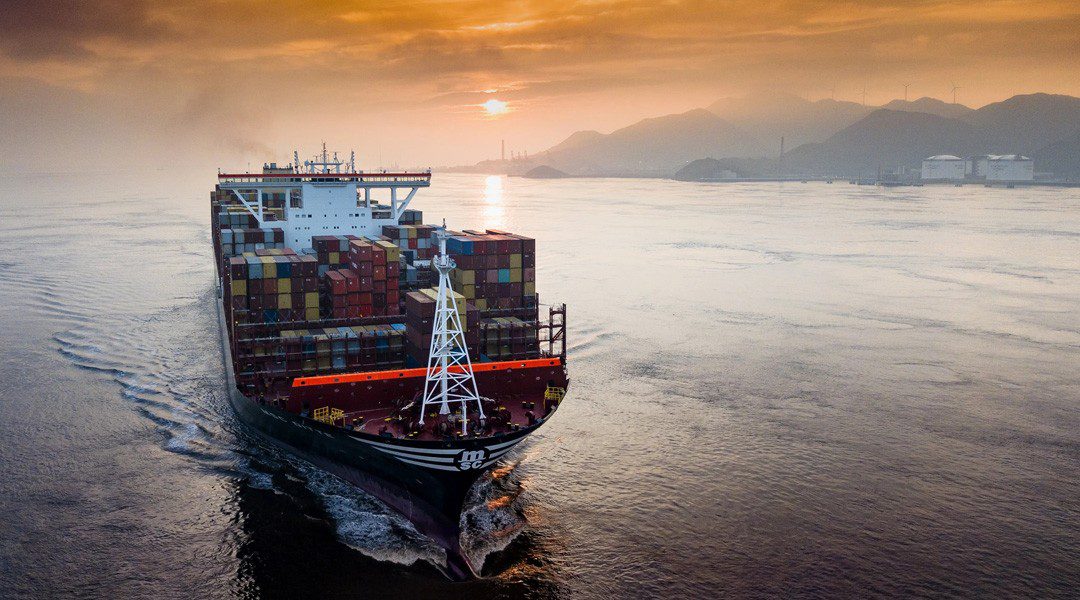The Greek navy has extended an advisory that effectively bans ship traffic off the coast of the southeastern Peloponnese. The extension, announced on Wednesday May 8th, was widely interpreted as a further move to discourage ship-to-ship transfers of Russian oil in the area.
It is somewhat unusual for Greece to issue NAVTEX notices for military exercises in part of the Laconian Gulf. Now it has issued two in two weeks. All merchant and other vessels have been advised to avoid the area. The first was issued on May 1st, with a scheduled expiry date of May 9th.
The reason for the rise in STS transfers o oil, which have been taking place in a number of “hotspots” are that since February 2022, when Russia launched its full-scale invasion of Ukraine, international sanctions have made the trading off Russian crude and oil products increasingly difficult.
One reason to use an STS transfer is to move oil from a larger ship to a smaller one, or vice-versa. Another is that such transfer can muddy the waters when it comes to establishing precisely where a cargo of oil or oil products originated.
In the waters around Greece’s southern coast and the Laconian Gulf, vessels are positioned beyond the limit of 6nm from shore, thus avoiding cargo and vessel checks by Greek authorities.
While it is not possible to inspect a ship with a foreign flag in international waters, the NAVTEX advisories are seen in many quarters as an indirect way to prevent such activities.
Last month it was reported that four tankers were “stuck” near the Laconian Gulf after the US imposed sanctions (in this case, Iran-related) on them.





